“Yesterday, I had a rough night.” “I had trouble falling asleep.” “My body kept waking up.”
We’ve all said these familiar phrases, but nothing beats the caffeine kick after a cup of coffee or the drowsiness after Thanksgiving dinner.
Well, InsteadThis is here to help you out. By following these tips and eating the right foods, you’ll be able to get a sound sleep.
It is not a surprise that many Americans analyze their eating and drinking habits for better sleep. In America, 35% of people complain about insomnia.
Diet and sleep are complex issues, so there is no magic pill or one food that will improve sleep for everyone. However, there are some foods and drinks that may help you sleep better.

Credits@Google
Why should you consult a dietician before planning your diet?
Researchers have conducted several studies to try and determine the best types of food to eat for sleep. The studies, however, were not conclusive.
For instance, some varieties of grapes have higher levels of melatonin than others. Similarly, sugar boosts energy levels fast but also crashes quickly afterward. Caffeine blocks the chemicals in the brain that trigger sleep. It also elevates the adrenaline level in the body. Spicy food is harder to digest. Also, they can leave your stomach feeling sluggish and restless.
It’s always important to take care of your diet if you want to maintain good health. It can disrupt sleep as well as have a variety of other health consequences.
You should consult a dietician before making any significant changes to your diet. It allows you to ensure your food choices support all of your health priorities, including sleep, as well.
What are some foods that might aid in sleeping? Some of them are listed below.
Cherry Juice and Tart Cherries:
Unlike sweet cherries, tart cherries have a unique flavor. Often called sour cherries, these cultivars include Richmond, Montmorency, and English Morello.
Tart cherry juice is known for its sleep-promoting properties. The drinkers of tart cherry juice who consumed a cup of juice twice per day had a longer total sleep time and experienced improved sleep efficiency.
The reason is that tart cherries provide high levels of melatonin, an amino acid that helps to calm the circadian rhythm and promote restful sleep. Also, tart cherries contain antioxidants that promote sleep.
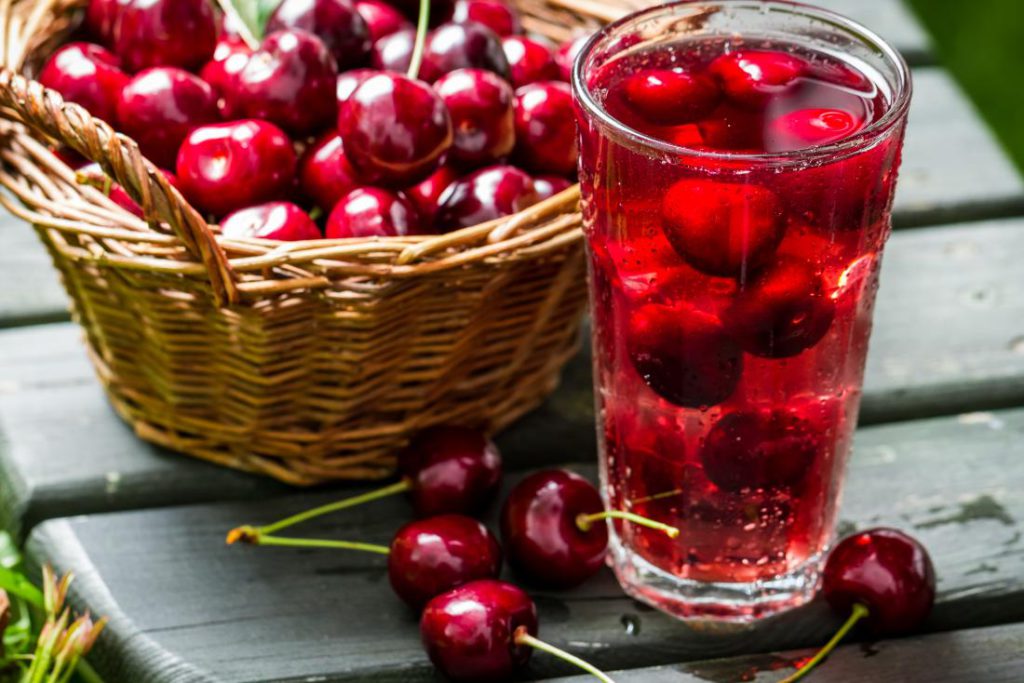
Credits@Google
Milk:
Warm milk is an excellent sleep aid. There is an amino acid in milk called tryptophan, which turns into serotonin. Serotonin is known to have soothing effects in the brain that sleep aid.
Nutmeg, cardamom, and crushed almonds can improve the taste of milk, and they also promote sleep. You can even consume garlic milk to induce sleep. Boil one cup of milk with a quarter cup of water and a clove of freshly chopped garlic.
You can also drink malted milk. Powdered malt drink made up by blending milk with flour, malt, malted wheat, dried barley, sugar, and vitamins.
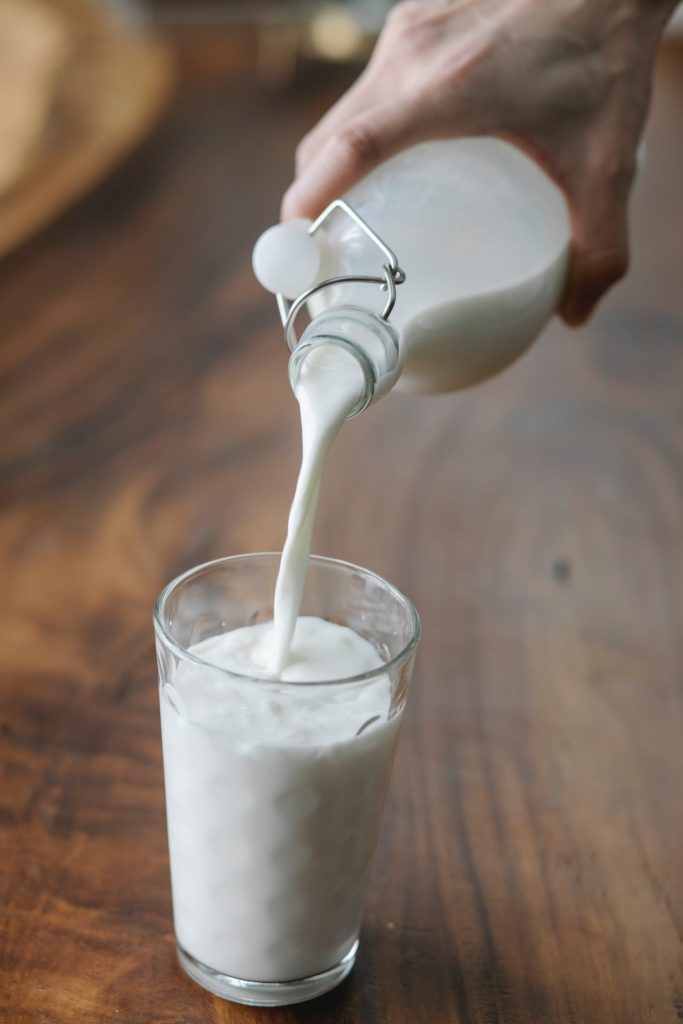
Credits@Pexels
Chamomile Tea:
The refreshing, rejuvenating, and fragrant chamomile tea soothes nerves and induces sleep. Chamomile tea has calming effects, as well as mild tranquilizer properties.
Generally, it is believed that chamomile tea produces sedative effects due to a flavonoid, apigenin, that stimulates the benzodiazepine receptors in the brain and aids in eliciting sleep.
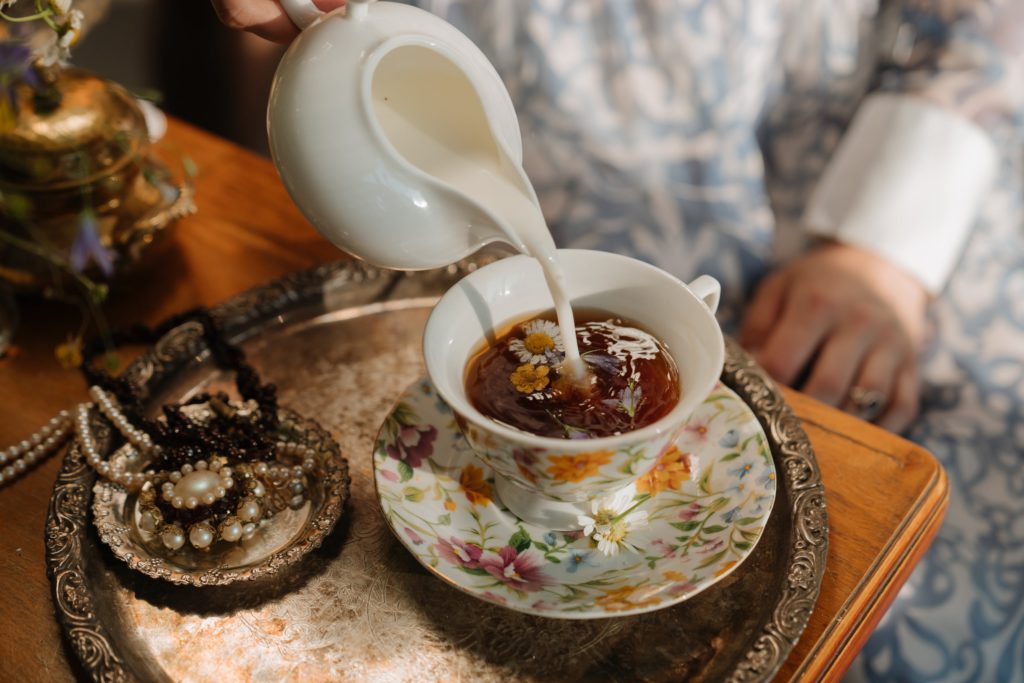
Credits@Pexels
Kiwi:
It contains numerous vitamins and minerals, including vitamins C and E, potassium, and folate.
Kiwis are well known for improving sleep. Researchers discovered that people who consumed two Kiwis before bedtime fell asleep more quickly, slept more deeply, and had better sleep quality.
The exact reason why Kiwis may help with sleep is unknown. However, experts believe it may be related to their antioxidant properties, ability to address folate deficiencies, and serotonin-boosting abilities.
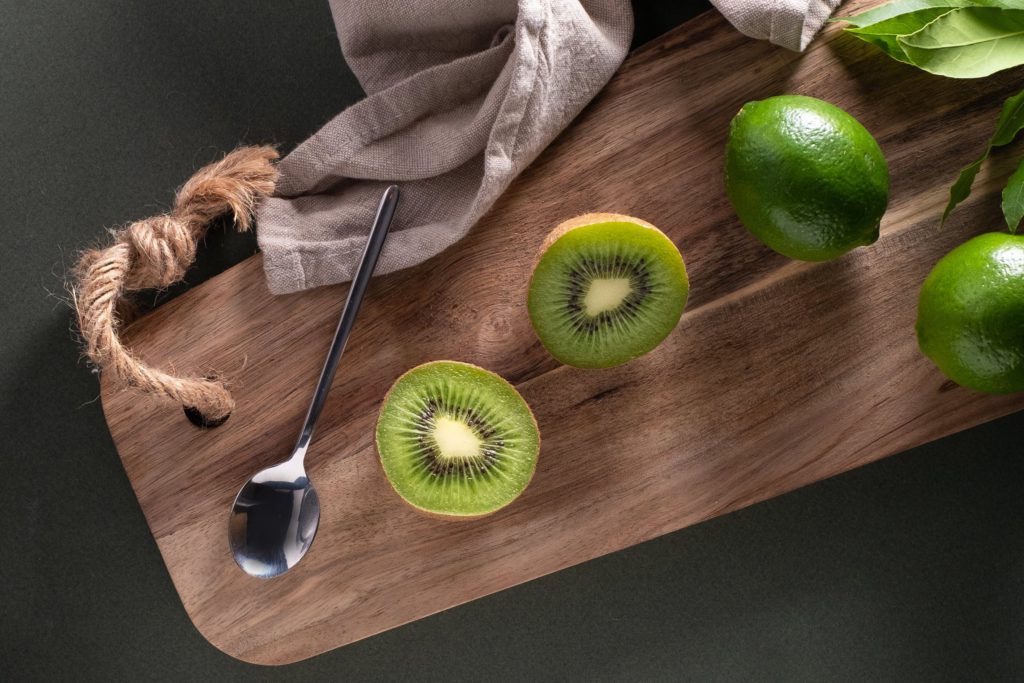
Credits@Pexels
Dry Nuts:
There is a lot of evidence that nuts like almonds, walnuts, pistachios, and cashews can help you sleep. Even though the exact amount of melatonin in nuts varies depending on the variety, nuts include essential minerals like magnesium and zinc that play a vital role in several bodily processes.
A clinical trial indicated that melatonin, magnesium, and zinc supplementation helped older people with insomnia sleep better. Magnesium, however, is essential for maintaining a steady heartbeat. Get a handful of them every day, and you’ll sleep well.
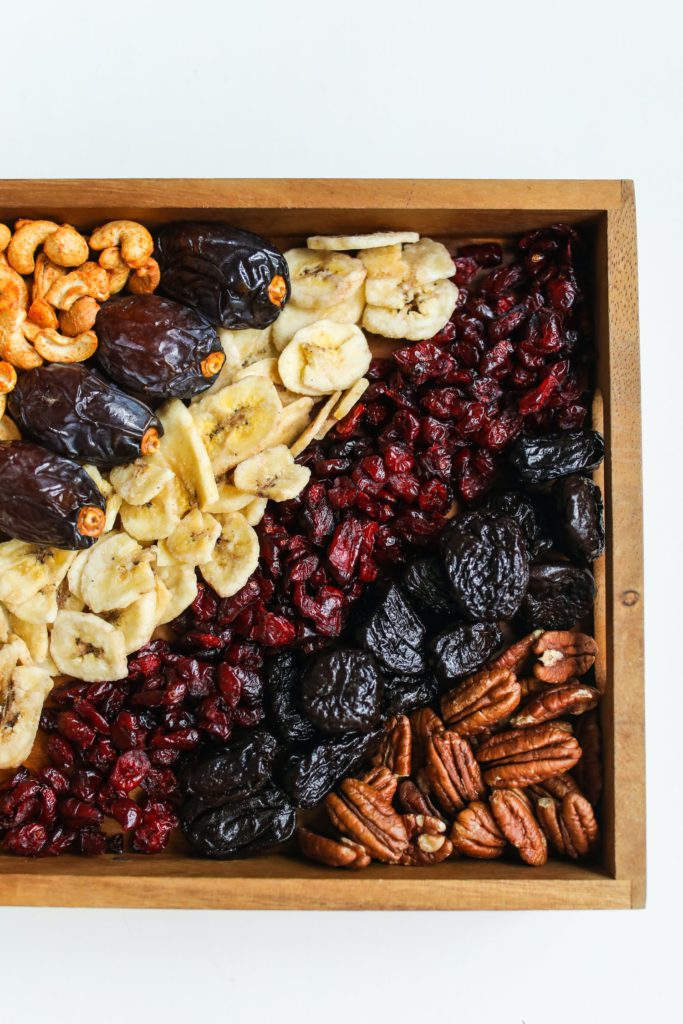
Credits@Pexels
Rice
There is evidence that rice consumption can boost sleep quality. Most studies, however, have shown mixed results when it comes to rice intake. In a study of Japanese adults, it was observed that people who consumed rice regularly slept better than people who consumed bread or noodles.
According to this study, consuming foods with high glycemic indexes four hours before going to bed helped you fall asleep; causality, however, could not be proved.
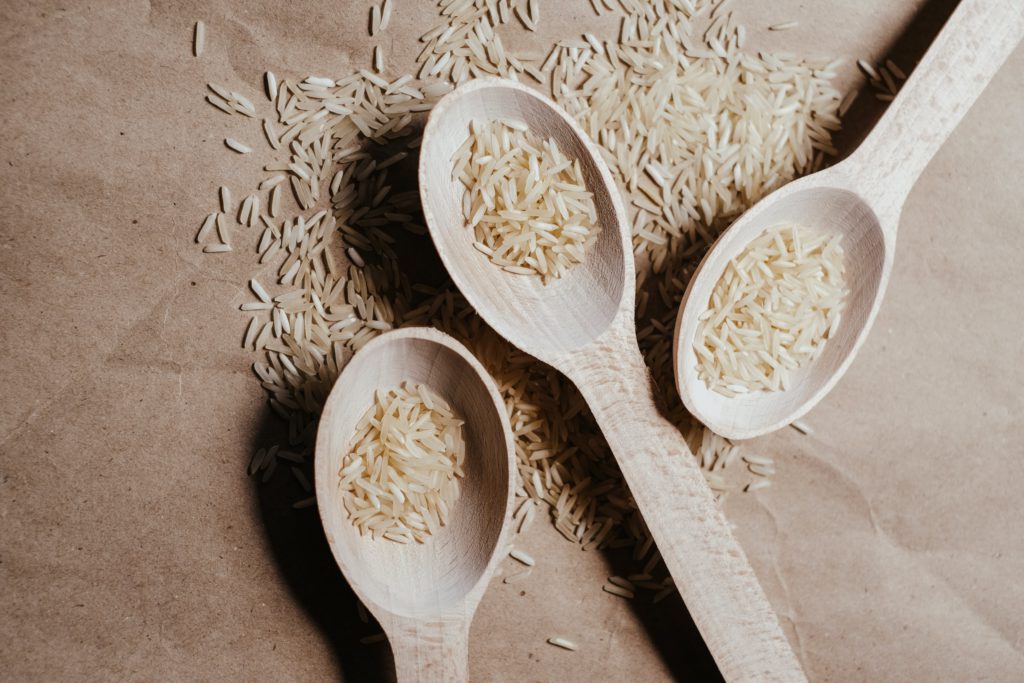
Credits@Pexels
Diet for Healthy Sleep
The following tips relate to eating a balanced and consistent diet and avoiding sleep disruptions caused by food:
- Avoid caffeine in the afternoon and evening since its stimulant effects might keep you awake.
- You should avoid excessive alcohol consumption as it can interfere with your sleep cycle even if you feel sleepy at first.
- Don’t eat too late to prevent digestion during the night and reduce the risk of acid reflux. When eating spicy or fattening foods in the evening, take extra care.
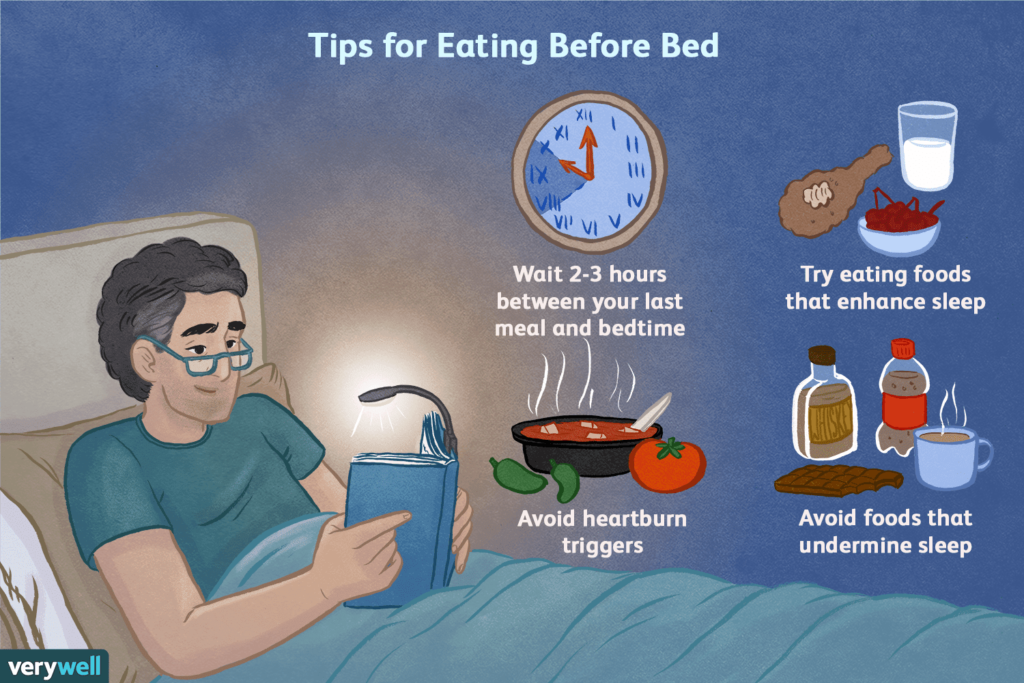
Credits@VeryWell
How to Sleep Well?
Sleep environment and routine play a key role in helping you sleep well. Sleeping habits are more important than the foods you eat when it comes to their effectiveness.
The ambiance of your bedroom, for instance, or the use of electronics in bed may suppress your body’s melatonin production and counteract the benefits of sleep-promoting foods.

By reviewing your sleep hygiene practices, you may identify foods to incorporate into your plan to get more frequent and replenishing sleep. Make sure you eat plenty of these foods to sleep well. And an enjoyable head massage is a must!







